基于民营企业的税收改革探讨
浙江财经学院硕士学位论文III摘要当前,民营经济是我国经济中最具增长力、最有活力的一种经济成分,在我国国民经济中占有极其重要的作用。但民营经济的发展也面临诸多问题。其中,税负不公、税收负担重是许多民营企业家在座谈会上反映强烈的问题之一。因此,税收改革如何为民营企业服务是摆在我们面前的一个重要课题。本文通过对改革开放以来税收改革历程的剖析,指出了我国税收对民营企业的歧视,民营企业遭受的不公平待遇,表明我国现行税收政策制约了民营企业的发展,并就如何改革税收政策提出了相应的意见和建议。本文的结构设计如下:第一章是在回顾我国自改革开放以来税制改革内容的基础上进行反思,指出税收改革应该为民营企业服务的论...
相关推荐
-
建筑工程投标文件范本-(格式)VIP免费
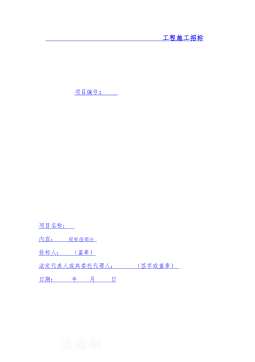
 2024-11-22 48
2024-11-22 48 -
疾病预防控制中心招标文件VIP免费
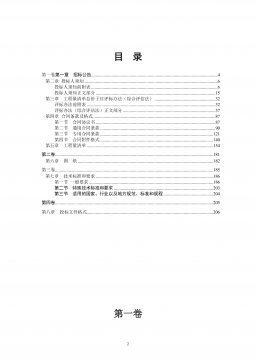
 2025-01-09 50
2025-01-09 50 -
体育健身中心施工招标文件VIP免费
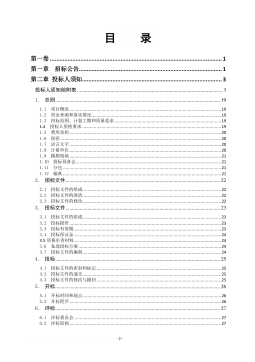
 2025-01-09 32
2025-01-09 32 -
江西丰城电厂及广东从化事故案例分析VIP免费
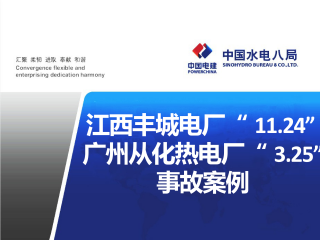
 2025-03-04 7
2025-03-04 7 -
钢结构节点图集CAD版(可编辑)VIP免费

 2025-03-04 20
2025-03-04 20 -
[青岛]精品工程亮点做法图片集(130页)VIP免费
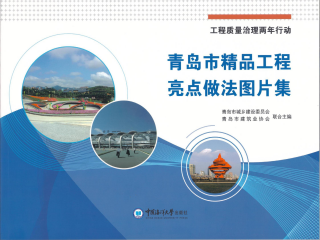
 2025-03-04 13
2025-03-04 13 -
外墙外保温工程技术规程JGJ144-2019VIP免费

 2025-03-04 11
2025-03-04 11 -
地铁停车场施工组织设计VIP免费
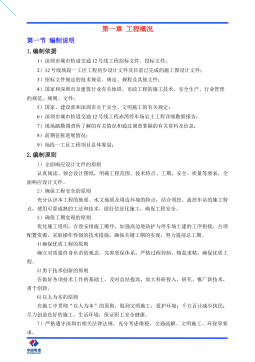
 2025-03-04 14
2025-03-04 14 -
项目建设安全管理流程图汇编VIP免费
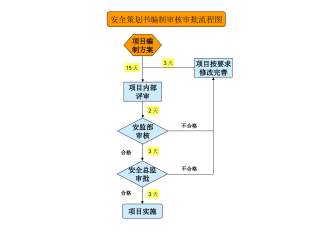
 2025-03-04 34
2025-03-04 34 -
特训班学习心得VIP免费
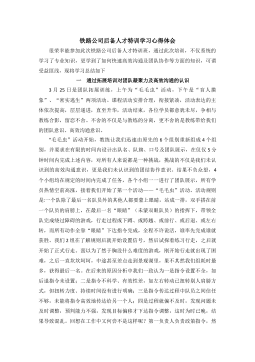
 2025-03-04 10
2025-03-04 10
相关内容
-

[青岛]精品工程亮点做法图片集(130页)
分类:行业资料
时间:2025-03-04
标签:建筑工程、精品工程、细部节点做法、亮点做法
格式:PPT
价格:5 积分
-

外墙外保温工程技术规程JGJ144-2019
分类:行业资料
时间:2025-03-04
标签:外墙保温、工程、规范
格式:ZIP
价格:2 积分
-

地铁停车场施工组织设计
分类:行业资料
时间:2025-03-04
标签:地铁、场段、施工组织设计
格式:DOCX
价格:3 积分
-

项目建设安全管理流程图汇编
分类:行业资料
时间:2025-03-04
标签:安全管理、流程图
格式:PPT
价格:1 积分
-

特训班学习心得
分类:行业资料
时间:2025-03-04
标签:拓展培训、结构化思考、培训、心得体会
格式:DOCX
价格:1 积分






